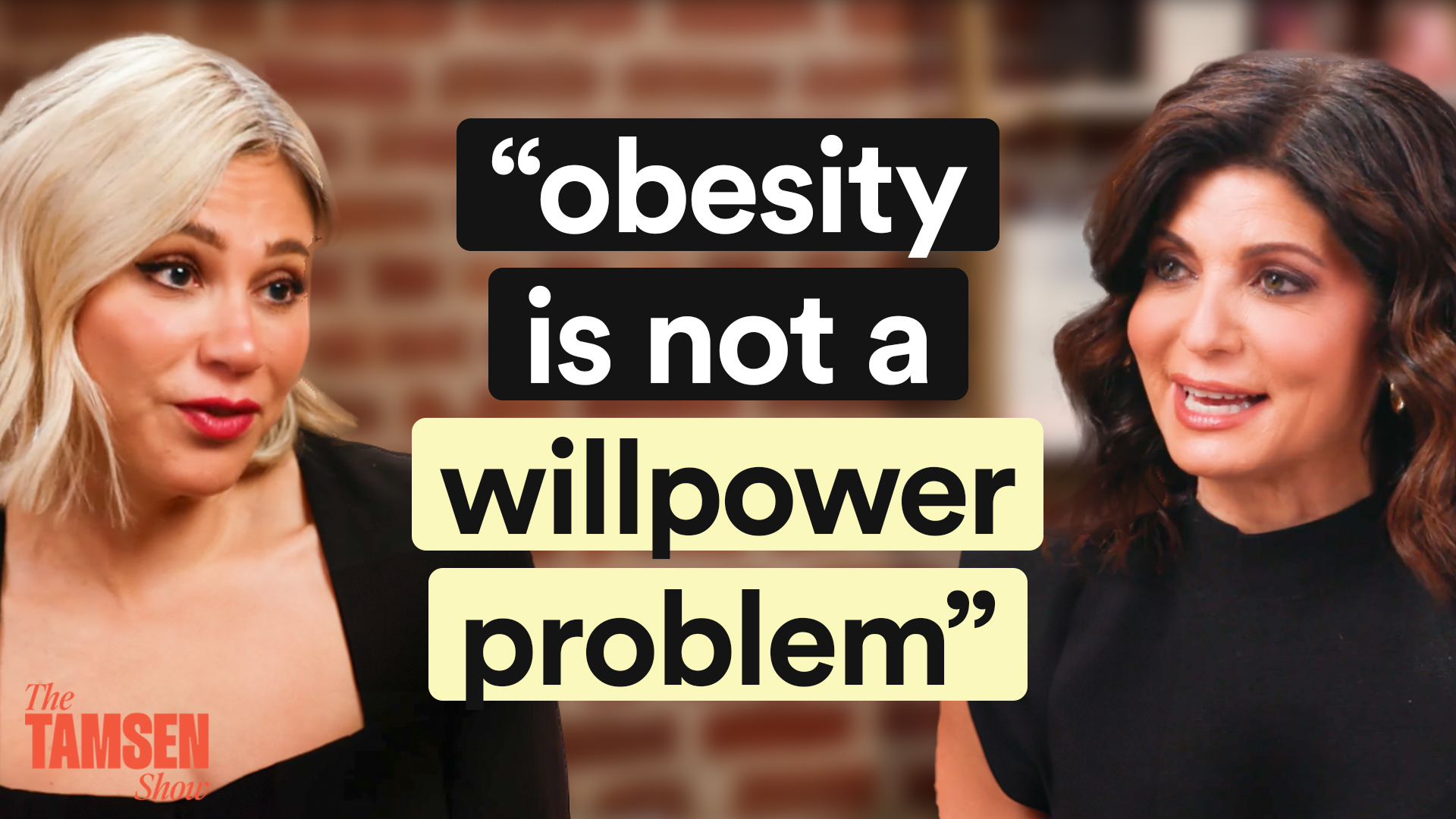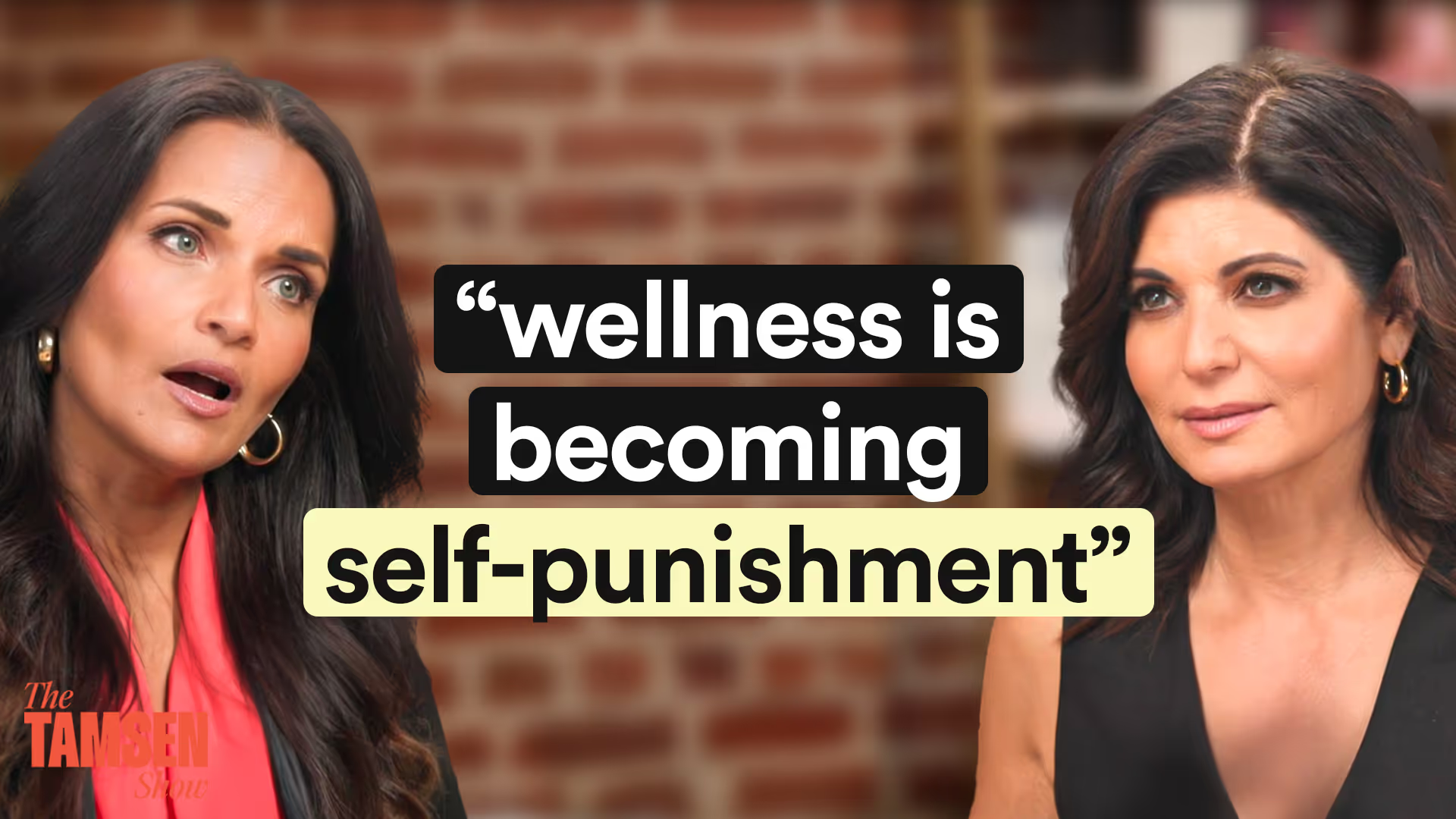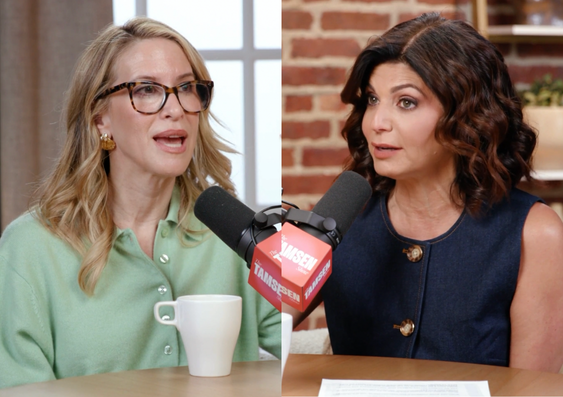There’s no denying it... menopause does a number on your body.
- How you experience temperature changes
- How you sleep changes
- How you react to different foods changes
- How you store fat changes
- How your skin looks changes
And it can be tempting to dive into Google and make a BUNCH of big dietary changes to try and reign in the symptoms.
You can do that if you want.
But you don’t HAVE to embark on a strict, soul-sucking diet to look and feel your best.
All you need is a few easy swaps, and you’ll be on your way to a healthier, happier (less symptomatic) you.
These simple dietary changes can help you:
✅ Speed up your metabolism to prevent weight gain (or help you lose excess weight)
✅ Keep your muscles mass & bone density from declining
✅ Decrease symptoms like hot flashes and insomnia
I don’t know about you, but I was willing to make some changes to my diet if it meant I could experience fewer menopause symptoms -- but I also still wanted to enjoy my damn life!
So, let’s dive in!
Dietary changes you can make to feel your best
1. Sneak in more fruits & veggies
These foods contain vitamins, minerals, phytonutrients, fiber, and antioxidants. In other words, they are packed with nutrients. The goal is to fill half your plate with veggies.
Eating more fruits and veggies is linked to:
- Better sleep
- Reduced hot flashes
- Weight loss
- Lower blood pressure
- Lower rates of depression
Try this: incorporate more veggies into your meals, snack on fruit, find yummy veggie-heavy recipes, or try new fruits and veggies if you’re feeling experimental.
2. Try adding dairy to your diet
Milk, yogurt, and cheese all contain essential vitamins and minerals like calcium and vitamin D that help combat the loss of bone density.
In fact, a 2017 study found that postmenopausal women who ate more dairy and animal protein had significantly higher bone density than those who ate less.
Dairy also contains the amino acid tryptophan, a natural way to help with sleep.
Try this: put Greek yogurt in a smoothie or grab some fruit and cheese for a snack.
3. Swap for whole grains
Whole grains are high in B vitamins and other minerals and are also a great source of fiber. Win, win! And it’s typically easy to swap white for whole grains.
Plus, a diet high in whole grains has been linked to a reduced risk of heart disease, cancer, and premature death. Even more exciting is this 2021 review that showed women who eat more whole grains, vegetables, and unprocessed foods tend to have less severe menopausal symptoms.
Try this: swap white bread, pasta, or rice for whole-grain substitutes.
4. Focus on healthy fats
Foods that contain omega-3 are especially important for menopausal women because they can reduce the frequency and severity of your symptoms. Think fatty fish, flaxseed, chia seeds, or avocados.
Try this: eat fish 1-2 times a week, sprinkle flaxseeds or chia seeds into a smoothie, and top dishes with avocado.
5. Eat quality protein
Muscle and bone density decline during and after menopause. To combat this, eat more quality protein, such as lean meats, eggs, fish, Greek yogurt, or beans and legumes. The recommended amount of protein is 1-2 grams per kilogram of body weight.
A good workout routine can also help combat muscle and bone density loss!
Try this: talk to your healthcare professional about how much protein is right for you. Women in menopause or postmenopause might need more protein than the recommended amount for 18+ adults.
6. Avoid these foods
Just like adding certain foods to our diet can be helpful, decreasing other foods is also recommended.
Here’s what you might want to limit:
- Highly processed foods like candy, potato chips, or fried foods
- Added sugars like in soda, energy drinks, or baked goods
- Alcohol
- Caffeine
- High-salt foods like pre-packaged soups, deli meats, or pretzels
That doesn’t mean you must cut these foods out completely (you can still indulge occasionally), but not going overboard will help you feel much better.
Try this: Eat whole foods like fruits, nuts, seeds, or yogurt for a snack, try a fun mocktail version of your favorite cocktail (there are so many options these days), or swap your favorite coffee or tea for decaf versions.
I’d love to hear from you! What foods have you found to be super helpful for menopause symptoms?
Let me know in the comments!
To your health & wellbeing,
Tamsen
P.S. If you LOVE this article, share it on Instagram and tag me!






.jpg)
.jpg)







